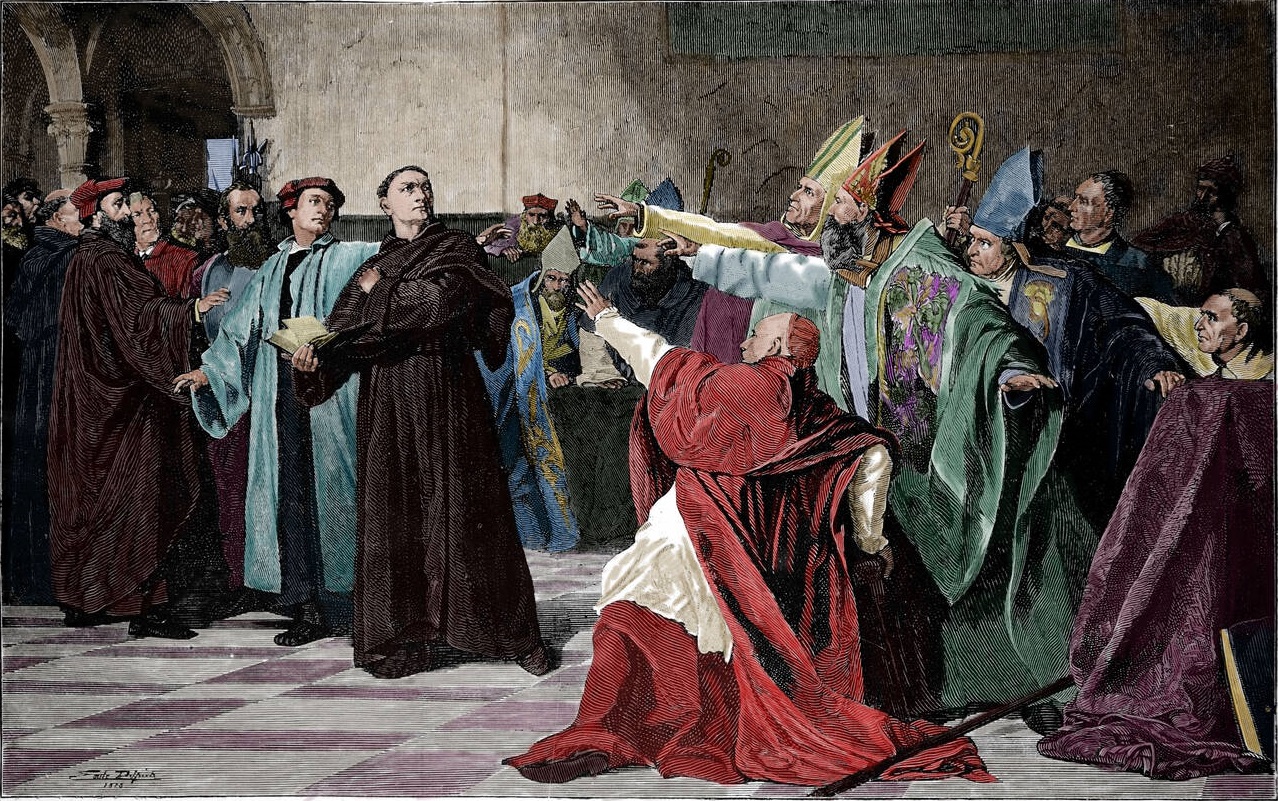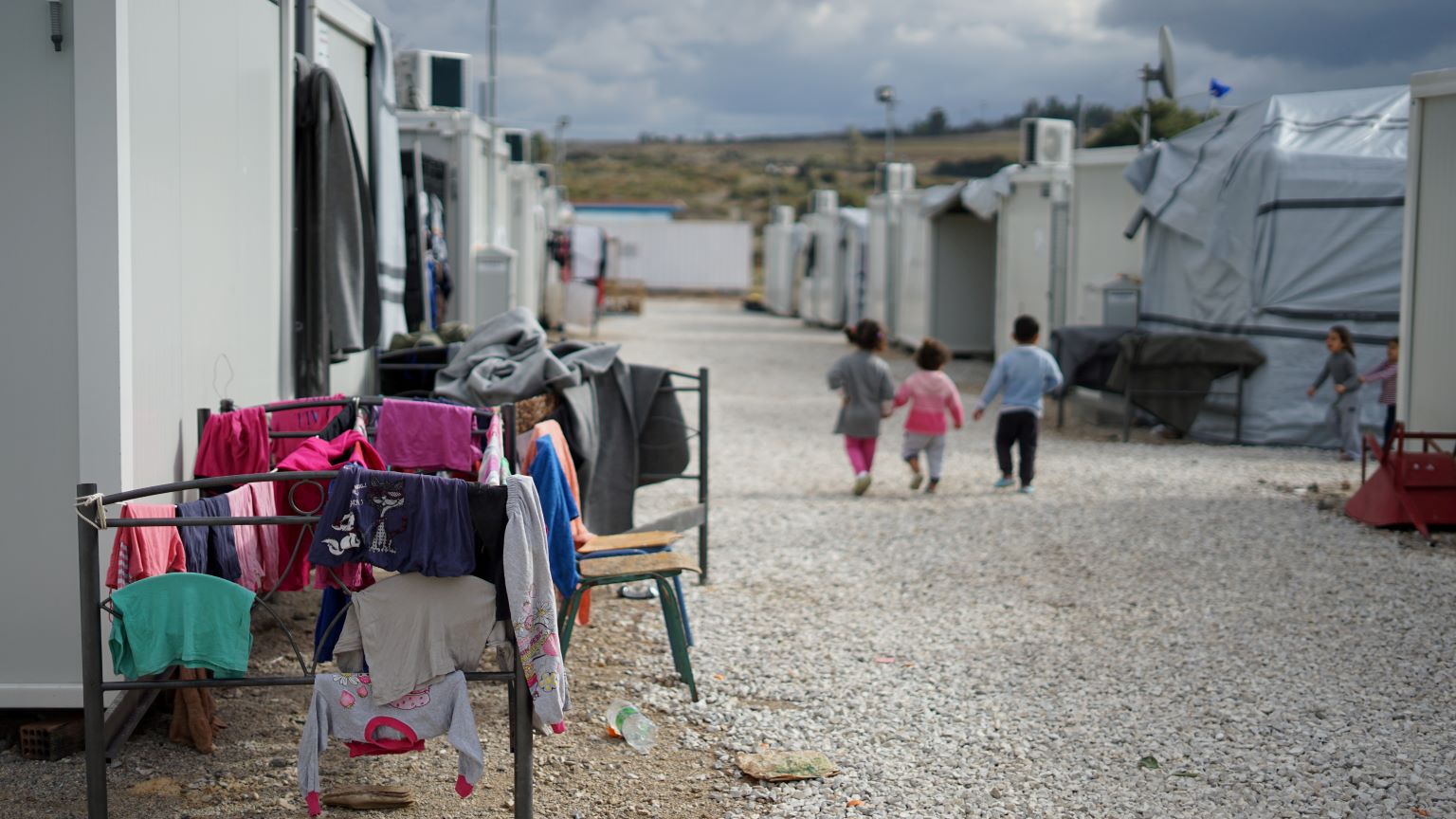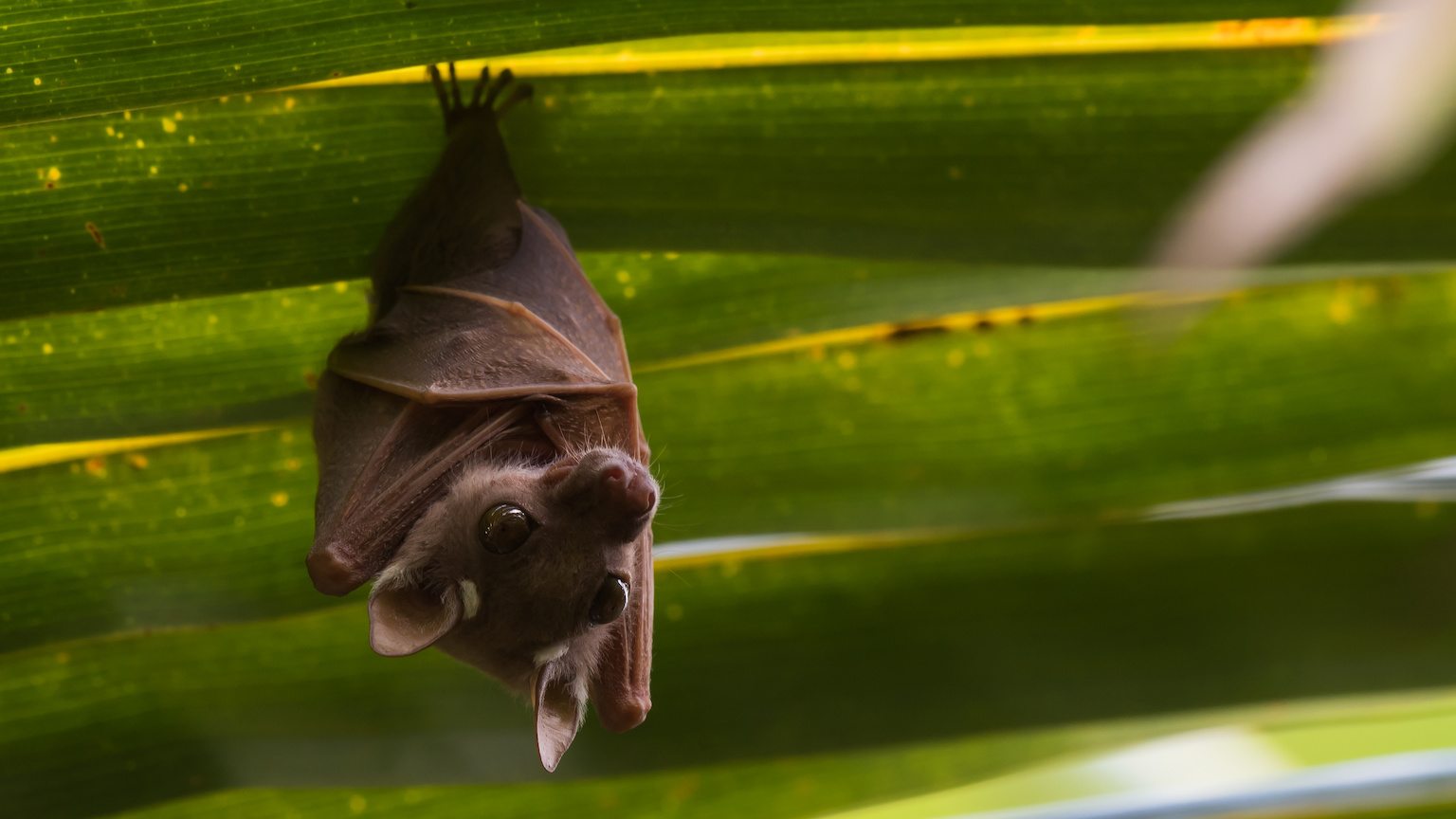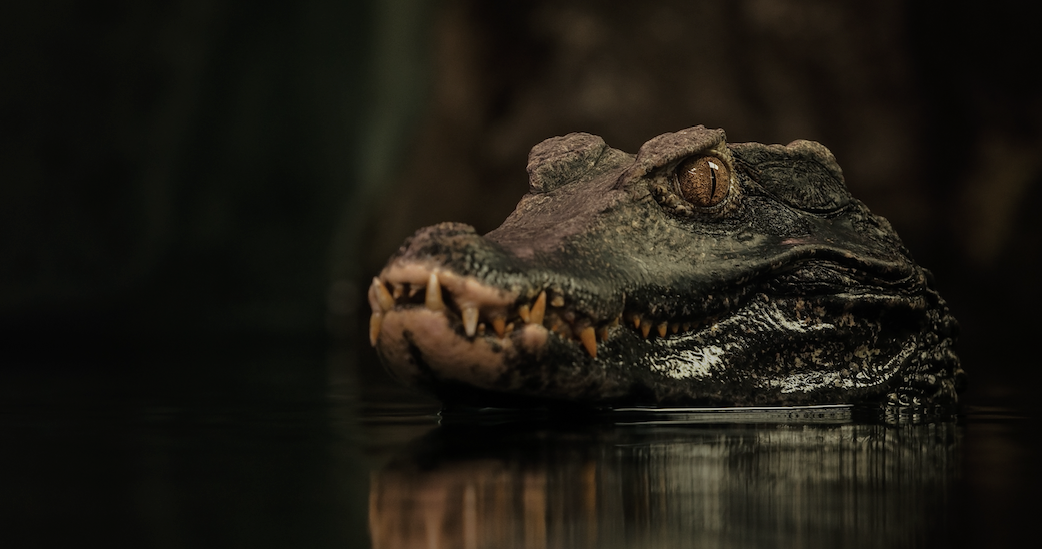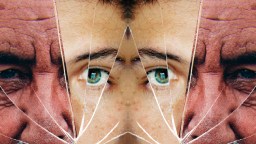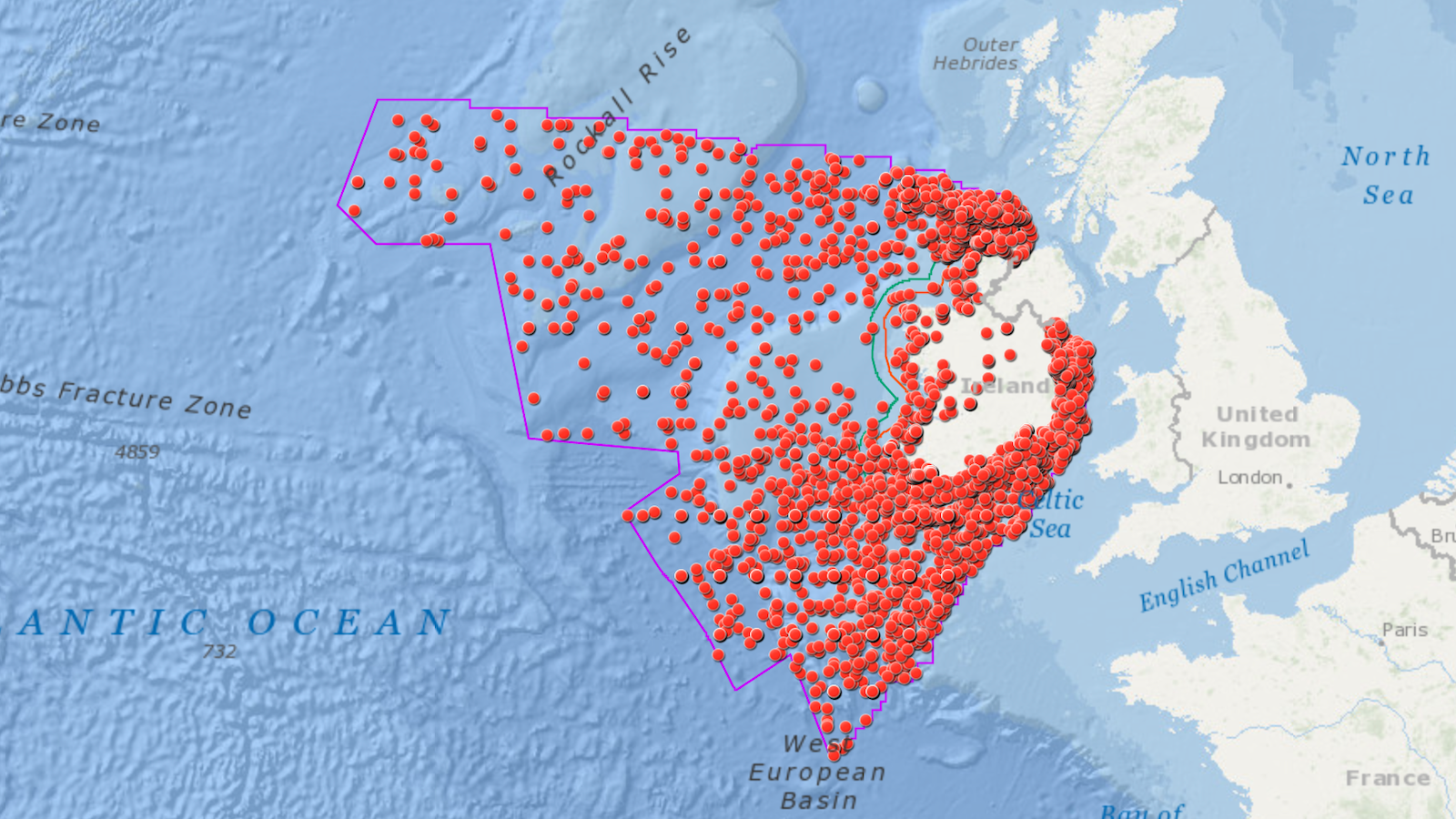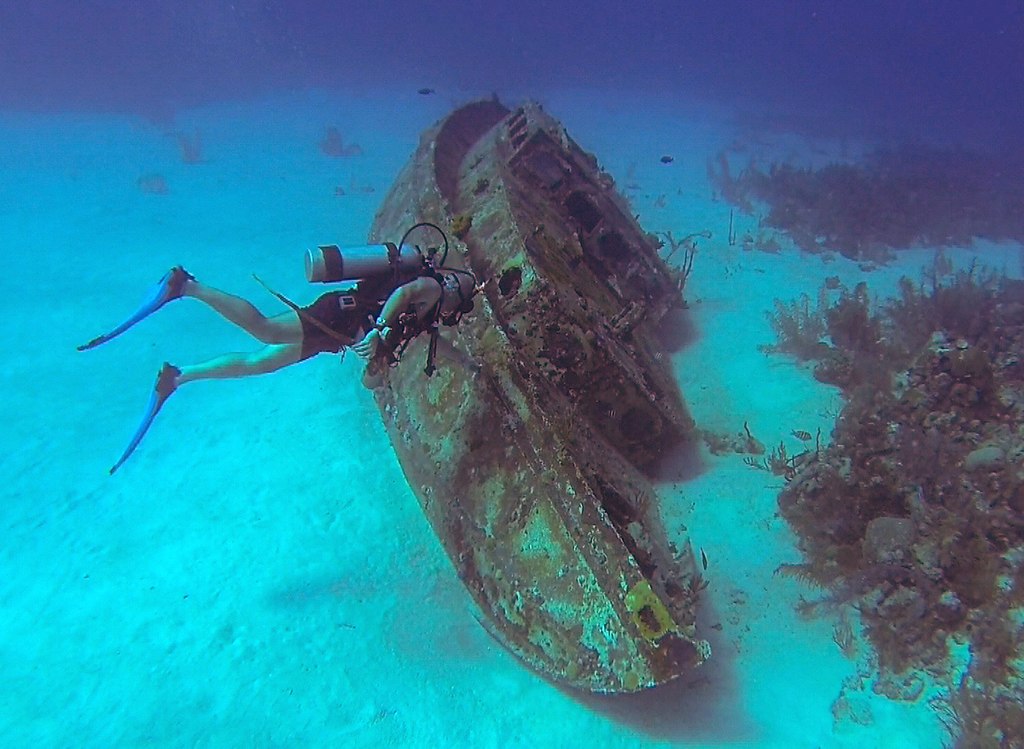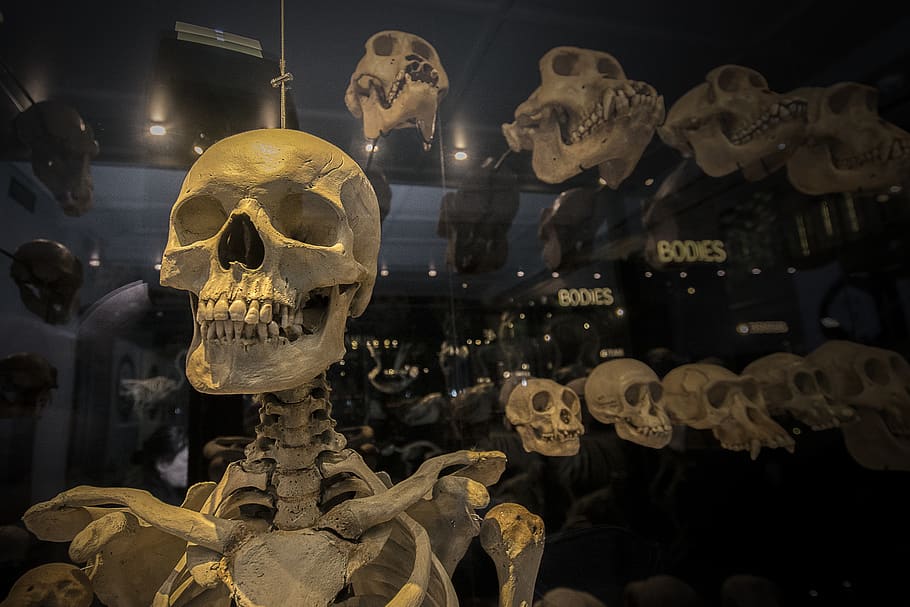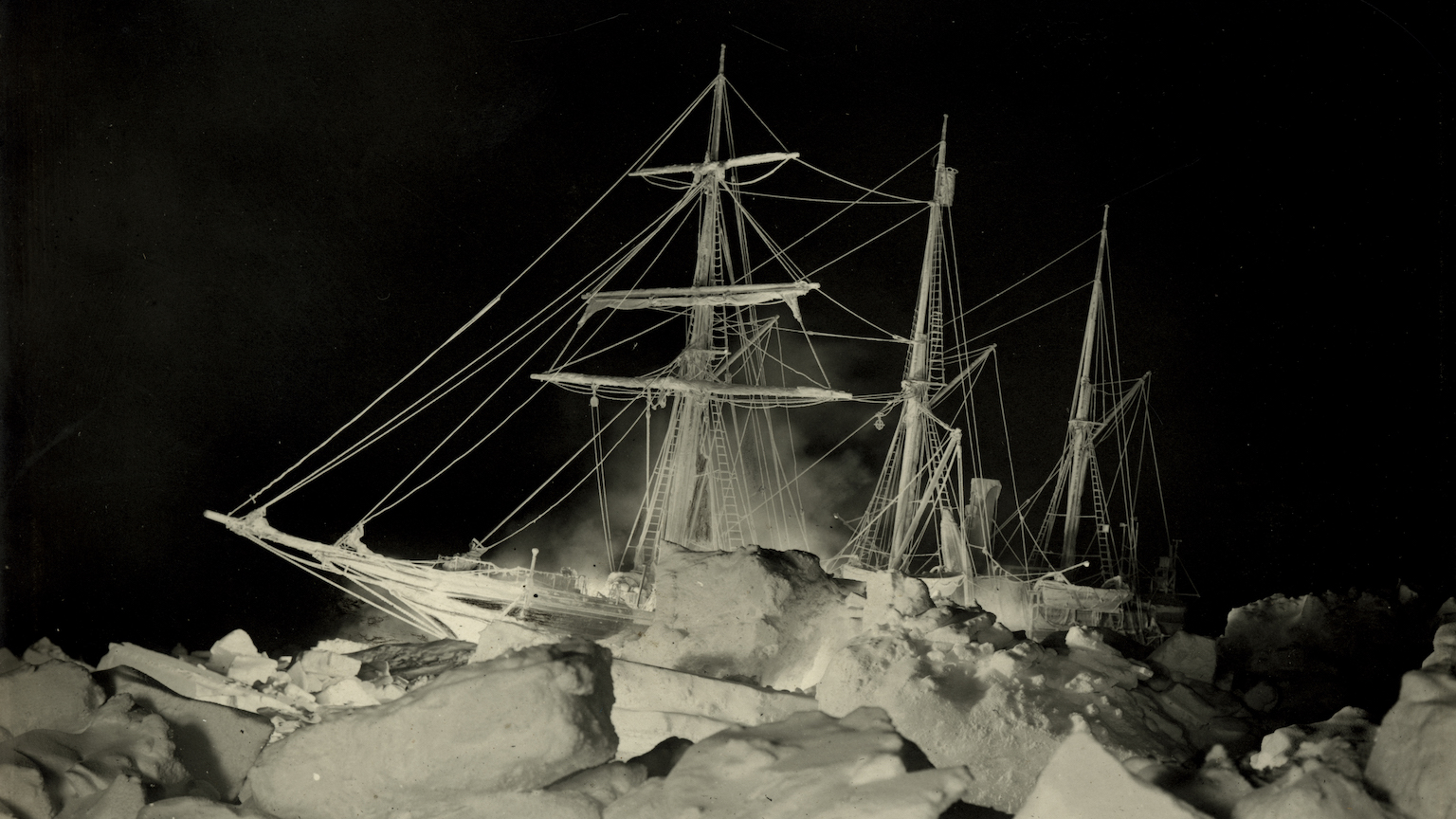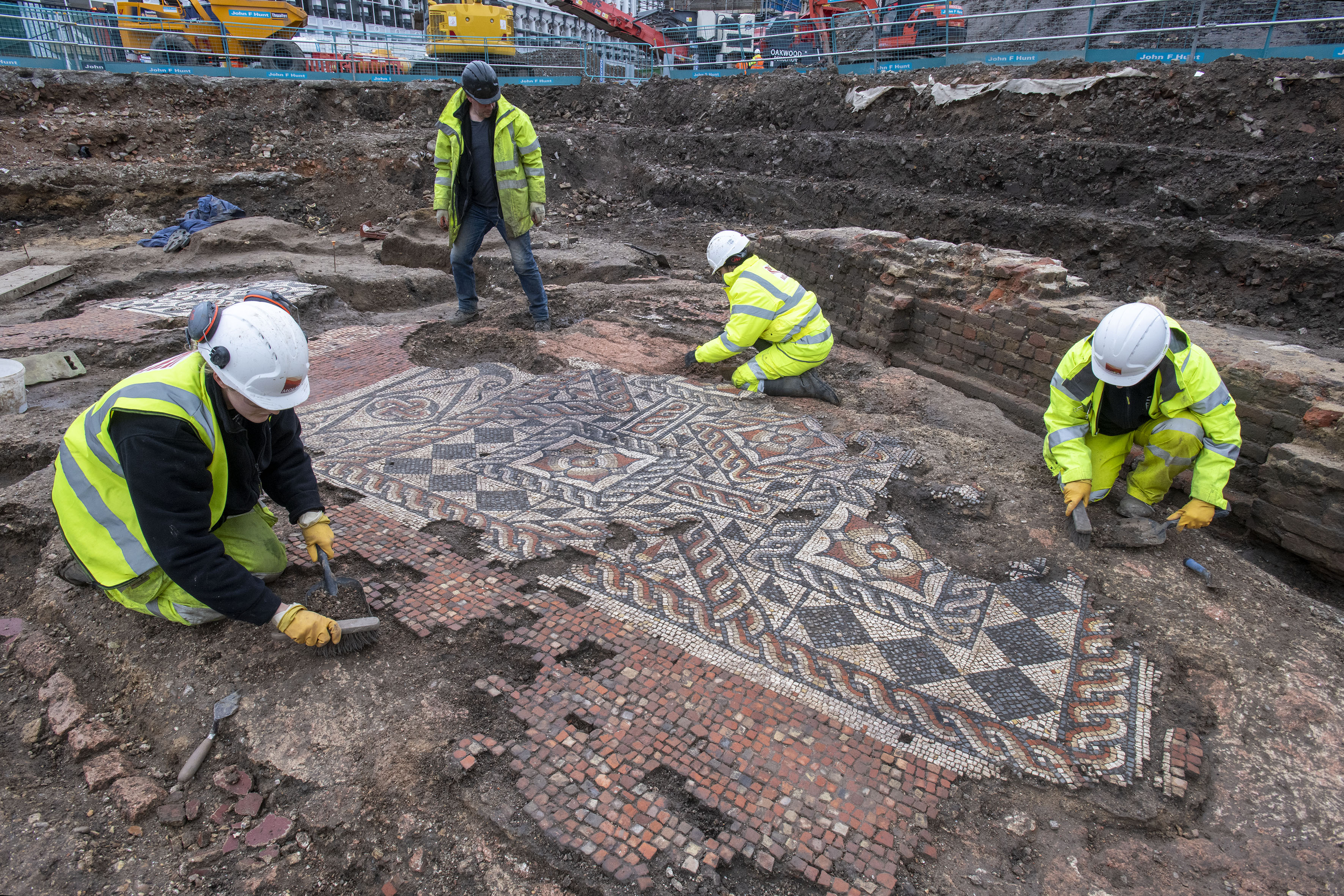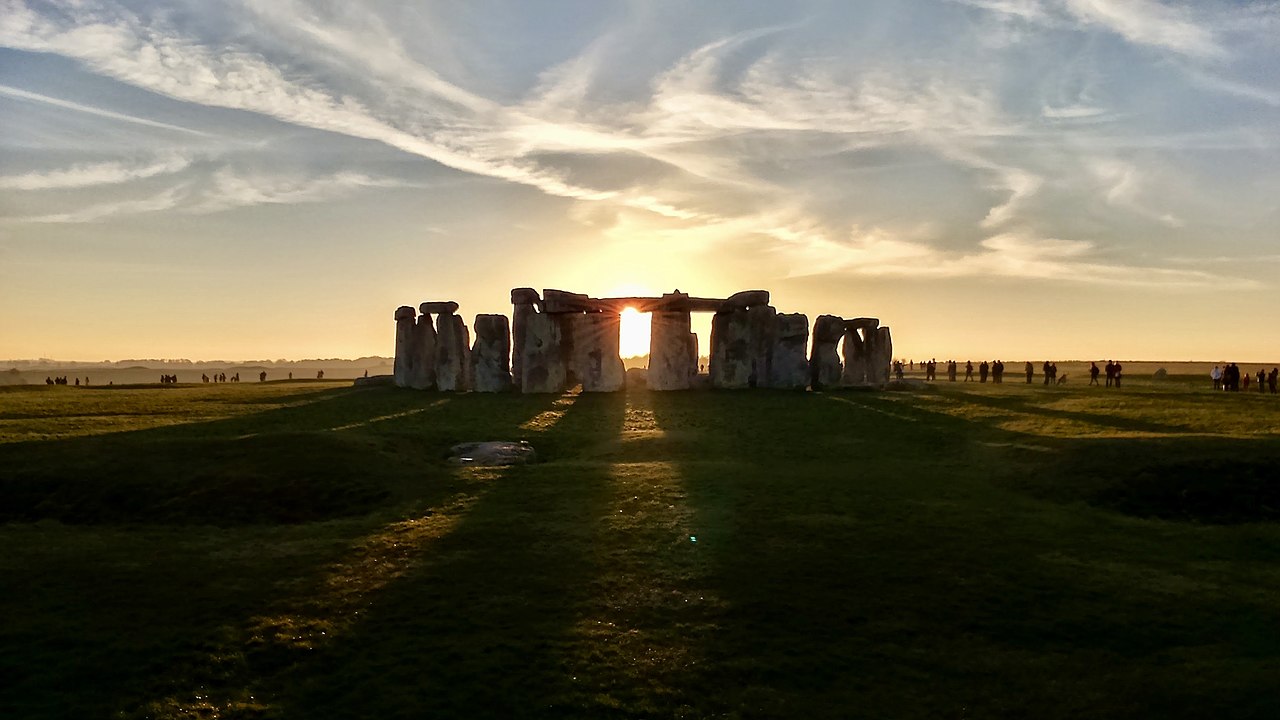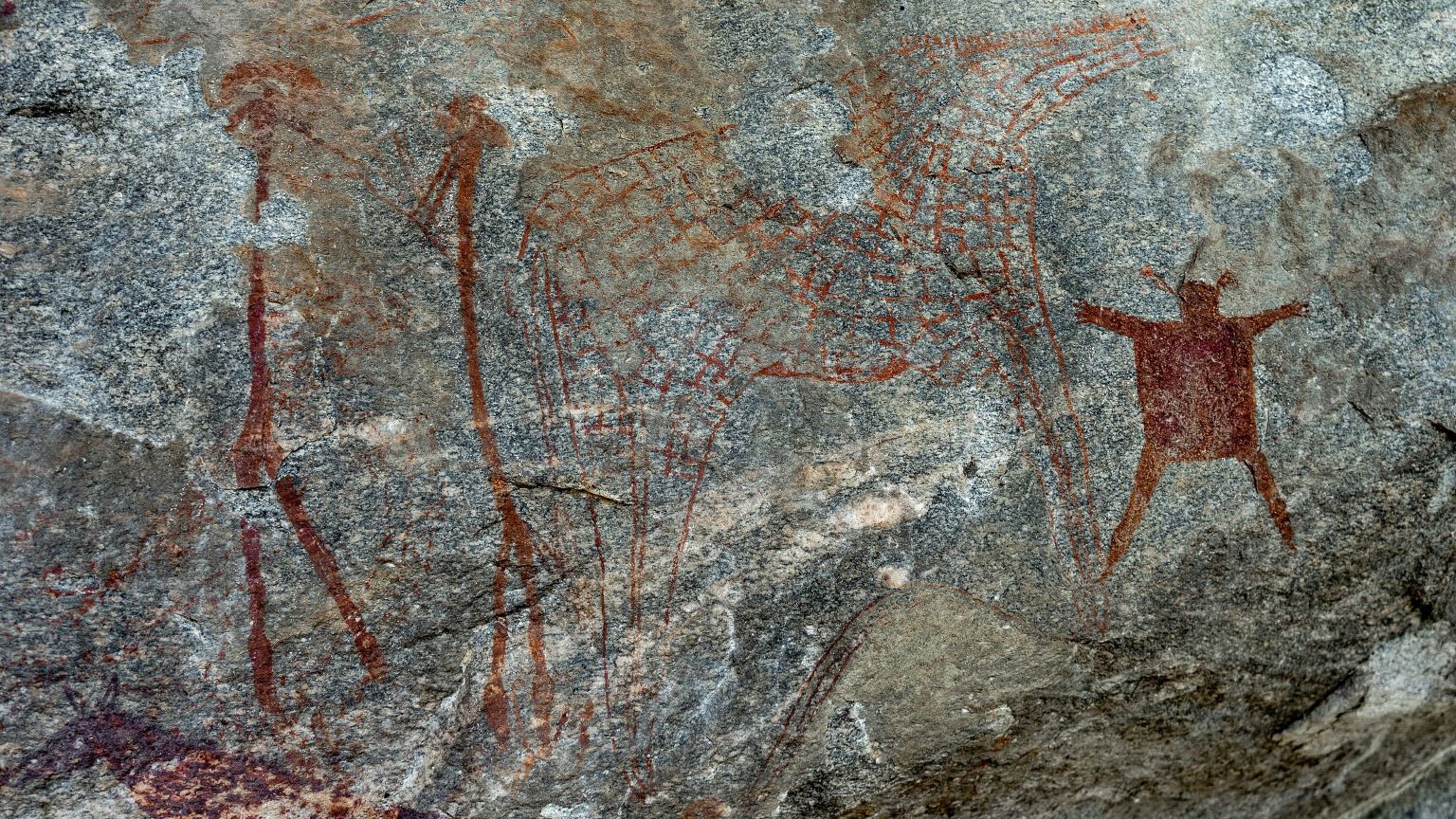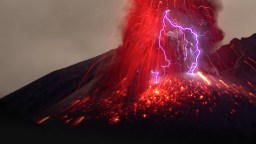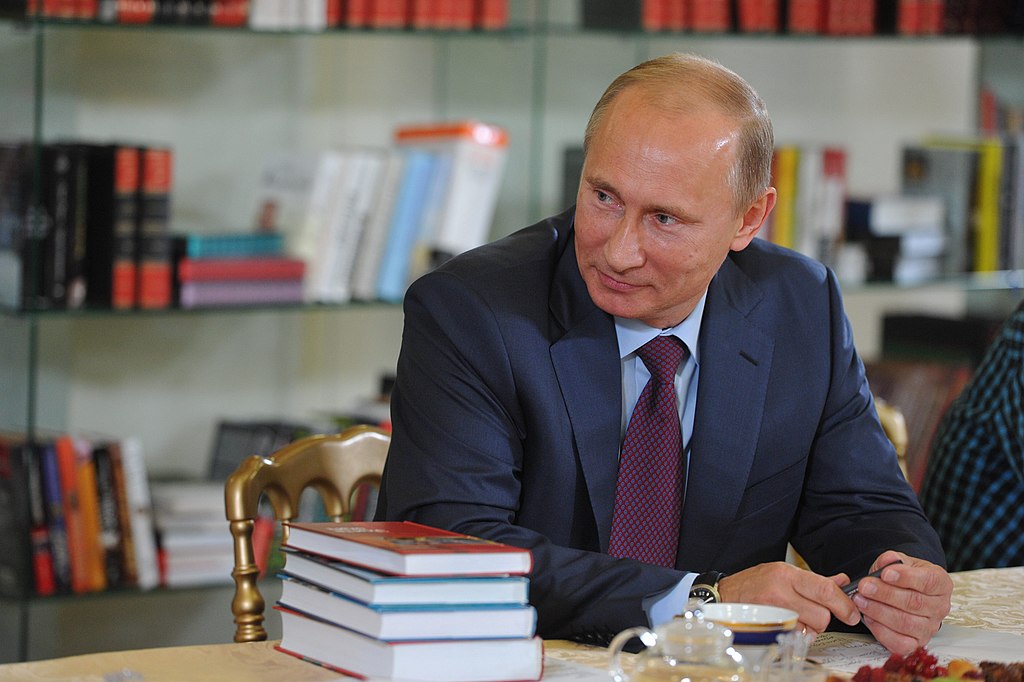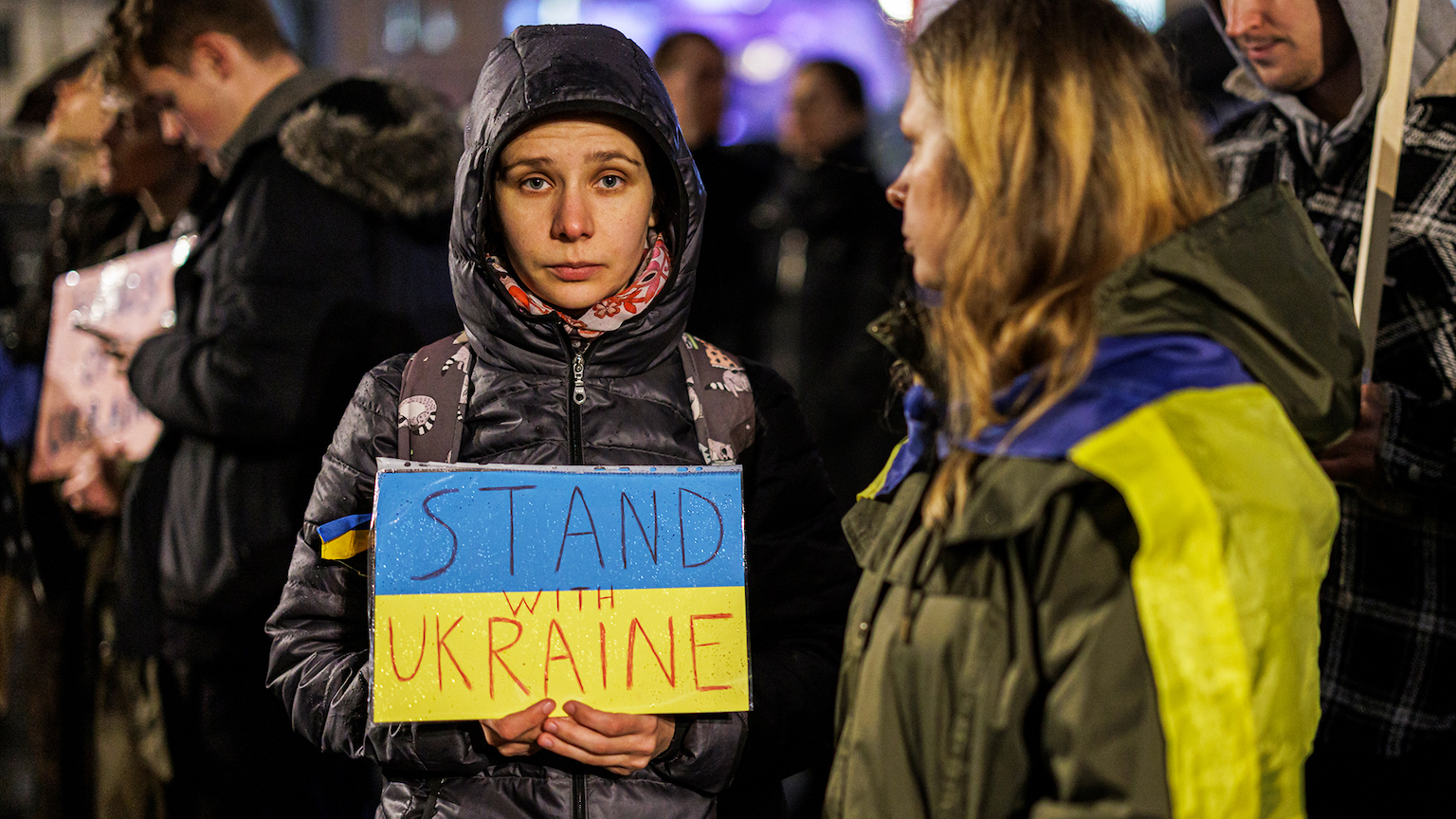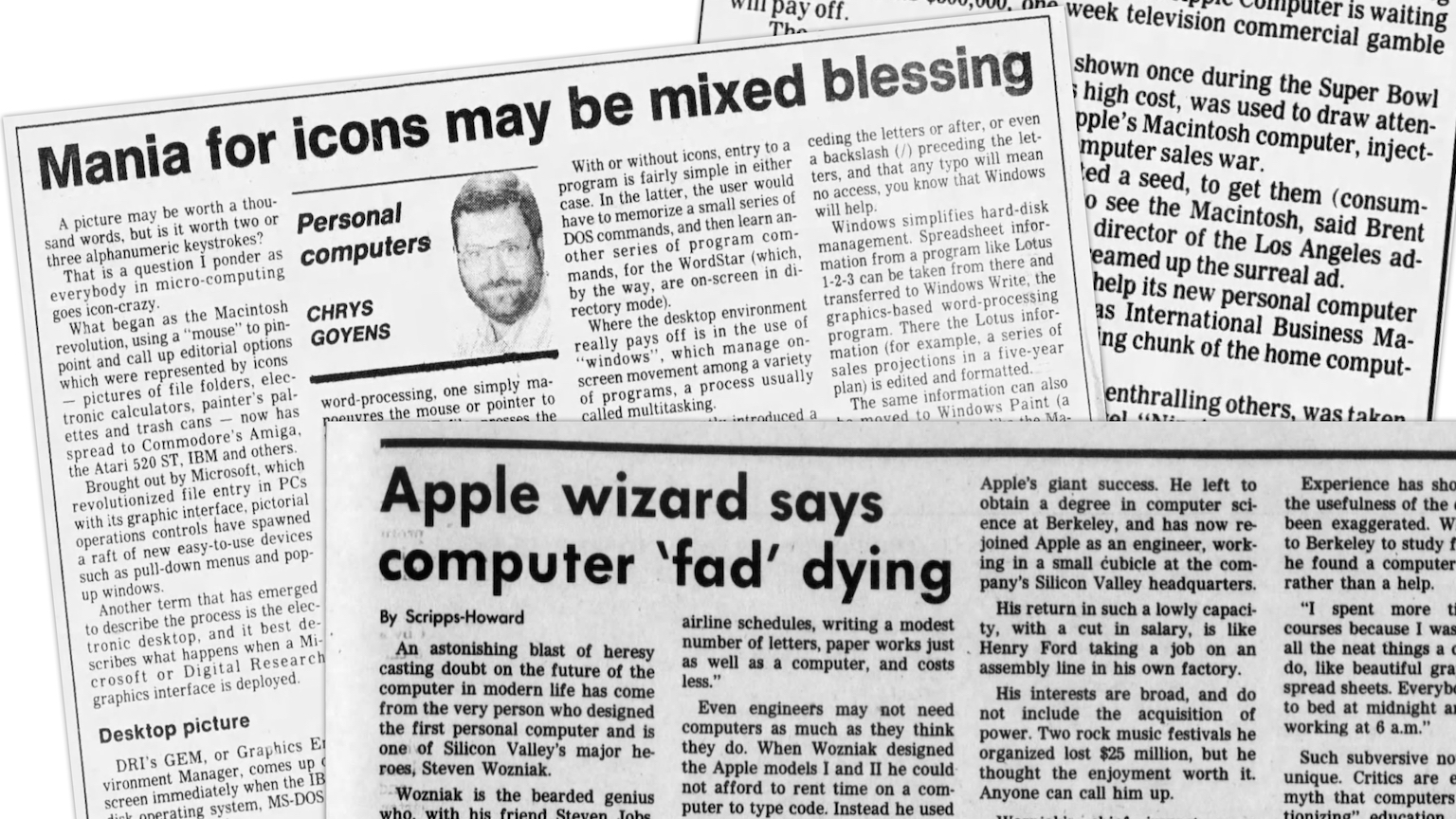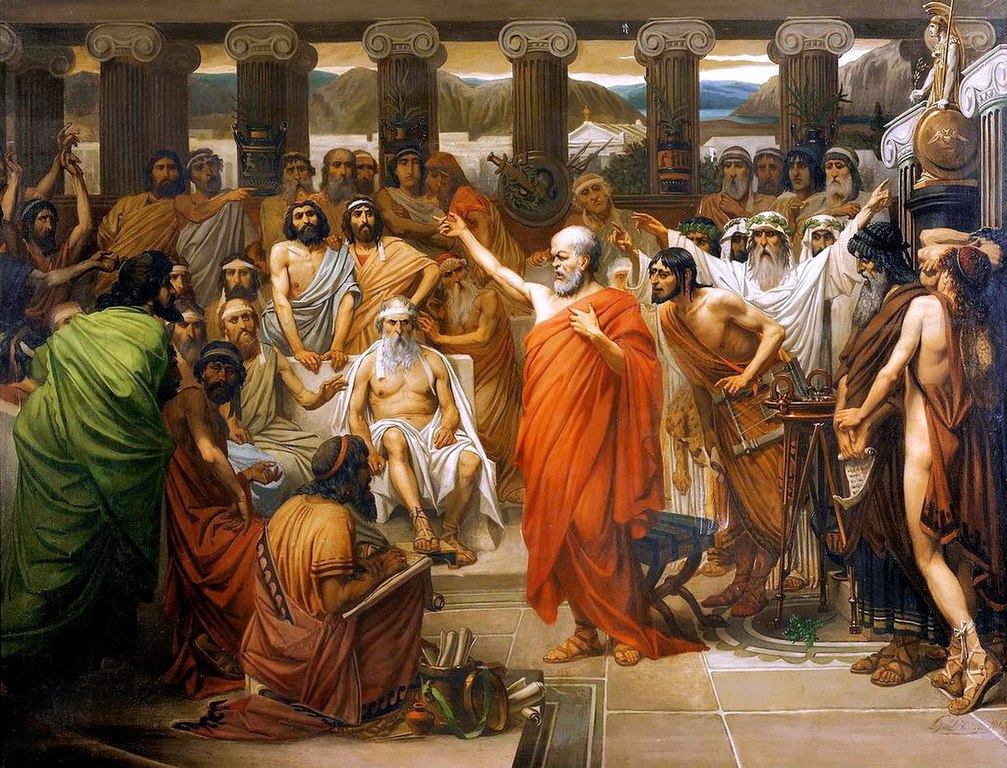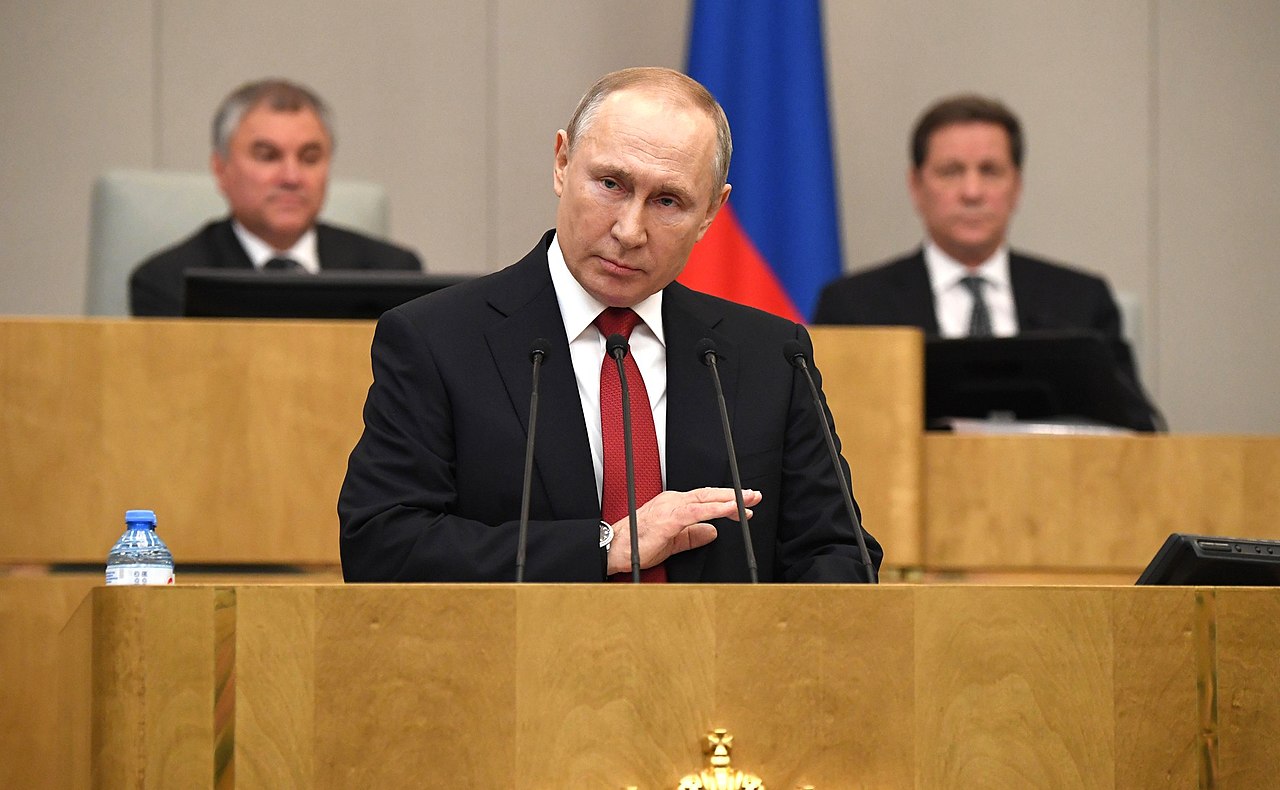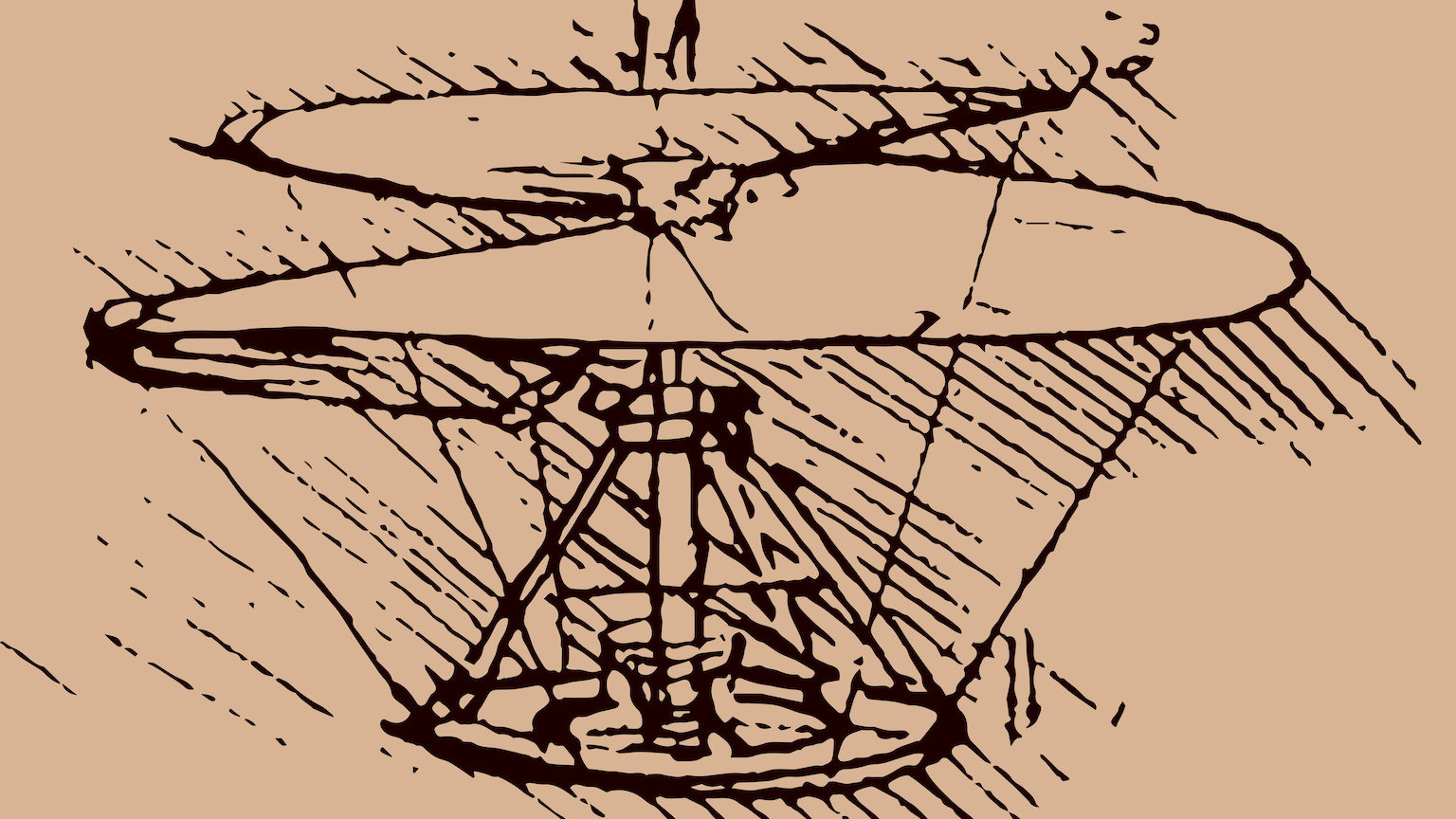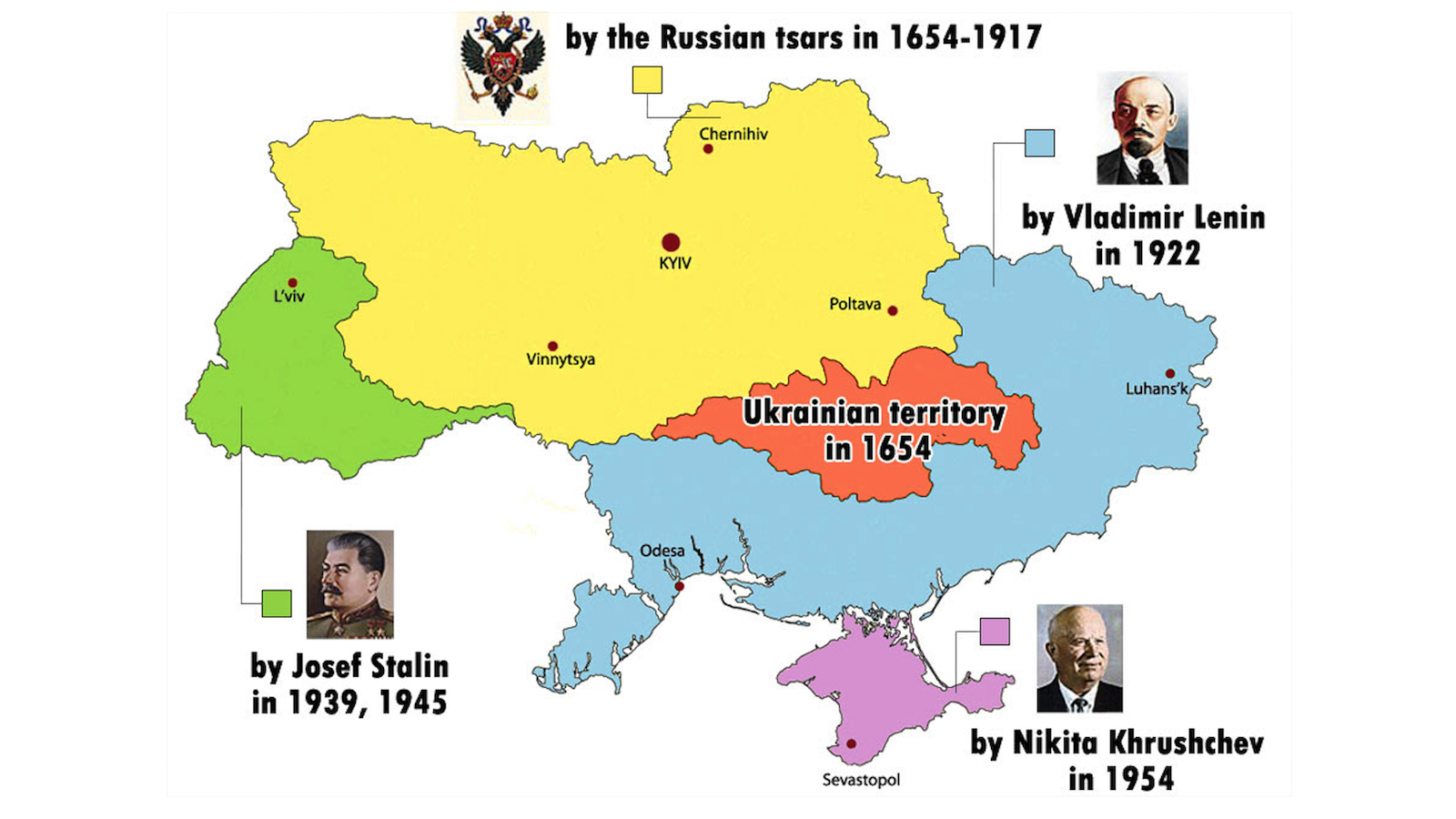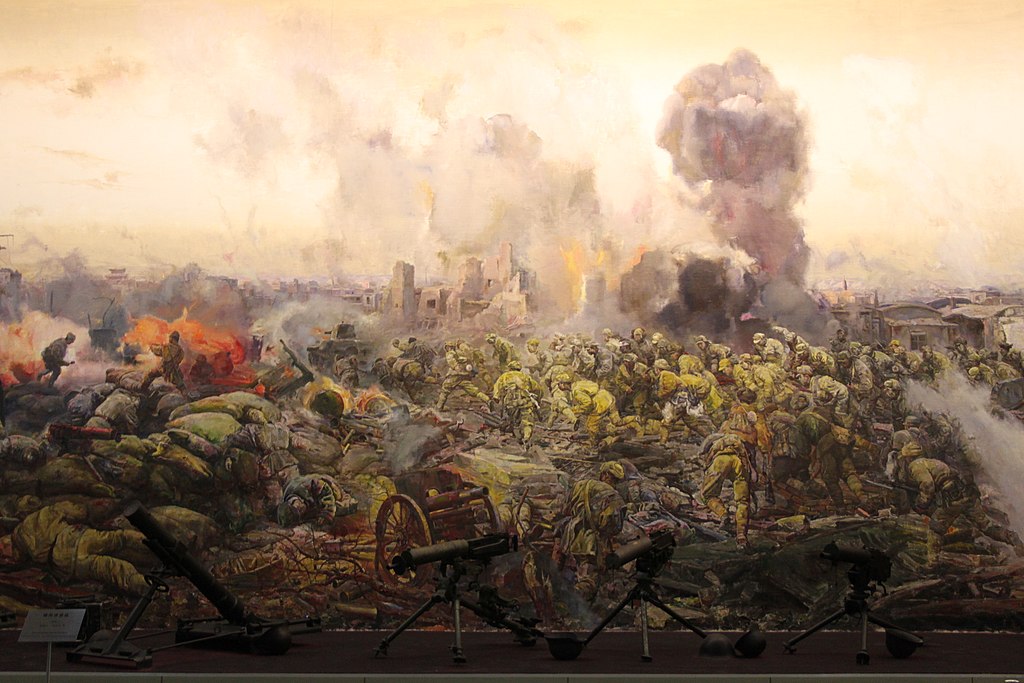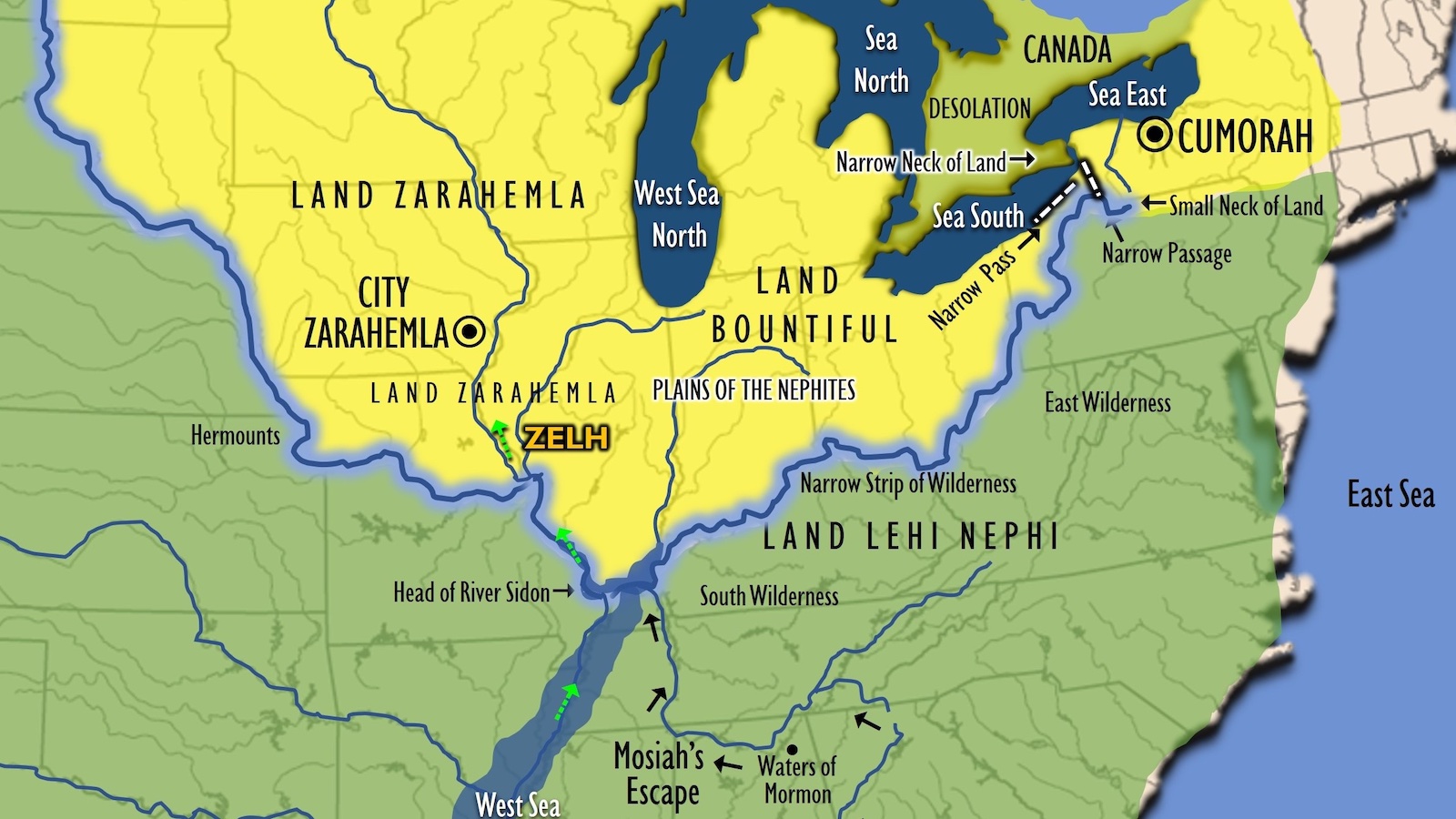history
By toppling medieval Europe’s mightiest political power, the Protestant Reformation ushered in a new age of freedom, religious and otherwise.
“How can we live without our lives? How will we know it’s us without our past?” Steinbeck writes.
More than 200 years ago, scientists tried to figure out how bats navigate in the dark (or without eyes). This set in motion a series of events that led to the development of ultrasound as a form of psychotherapy.
“I watched closely for the sun or stars to appear, to correct my chronometer, on the accuracy of which our lives and the success of the journey would depend.”
From crocodiles to birds, certain animals managed to survive some of the worst extinction events in world history.
Far from being inappropriate, many of the most controversial acceptance speeches highlighted important issues in the film industry.
Understanding the factors behind recent growth could help us better approach inequality.
We’re wrong about what other people think – and that has harmful impacts on the next generation.
▸
4 min
—
with
We have a morbid curiosity about nautical disaster stories. The Irish “Wreck Viewer” offers a window into centuries of marine misfortune.
Germany finds itself once again allowing a murderous dictator to run rampant in Europe, though this time it is due to incompetence and technophobia rather than malice.
At the Great Lakes Shipwreck Historical Society in Michigan, retrieving sunken vessels is the order of the day. Here’s how they do it.
We pretend as if economic sanctions are a peaceful way to coerce others into behaving. In reality, they are a potent tool of modern warfare.
Discussions of human evolution are usually backward looking, as if the greatest triumphs and challenges were in the distant past.
A famous explorer’s doomed ship is finally found 107 years after it was lost to the Antarctic deep.
In the shadow of the Shard, the mosaics help paint a picture of Roman London.
Researchers speculate the famous monument was one of the world’s first solar calendars, possibly inspired by trade with ancient Egyptians.
A computer that could decidedly pass Alan Turing’s test would represent a major step toward artificial general intelligence.
As always, aDNA research raises as many questions as answers.
The 1815 eruption of Mount Tambora is one of the reasons why Bryan Walsh sees supervolcanoes as the” single, biggest threat to the human race.”
▸
with
Vladimir Putin adores Fyodor Dostoevsky. A close reading of the legendary author’s texts reveals the feeling might have been mutual.
The paradox of tribalism is that humans need a sense of belonging to be healthy and happy, but too much tribalism is deadly. We are one tribe.
Graphical user interfaces are how most of us interact with computers, from iPhones to laptops. But they were once condemned as making students lazy and destroying the art of writing.
George Washington, for example, was quite happy to engage in deception, if that deception would help protect the United States.
Socrates lived during a time when people did not strive to separate fact from fiction. So how much of what we know about Socrates is true?
In theory, history is the sum of everything that ever happened; in practice, it’s a story we tell ourselves to make sense of and justify our actions in the present.
Da Vinci dreamed up a helicopter 400 years before they actually existed. Now, engineers have brought his design to life, but with a twist.
Russia has long sought to erase the mere idea of Ukraine. But people like my grandmother, born in Druzhkivka, will not let Russia win.
The Bolsheviks may have created Ukraine’s current borders, but that doesn’t mean dismantling them is good for today’s Russia.
One particular revolution was so important, that at least one historian thinks the 20th century officially began in 1914 and ended in 1991.
Using the Book of Mormon as a sacred but ambiguous atlas, the Latter-day Saints have been looking for the lost city of Zarahemla for decades.
